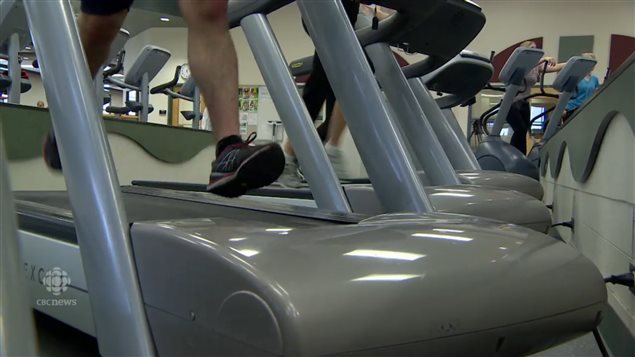Doctors often advise patients that exercise can help manage mild to moderate depression, but getting them to do it can be a challenge. So, student counselling services at McGill University have come up with a special 10-week course designed to get students started and to continue to exercise.
There are many exercise classes offered at Canadian universities but McGill nurse Louise Lockhart says they may not be right for the clientele that comes for counselling.

Gentler exercise geared for enjoyment
“Someone who is struggling with fatigue or depression, they might have low motivation or low energy. And often when they look around they’ll see fitness classes and online videos that are often geared towards fitness and burning calories and attaining high levels of cardio-vascular. But they’re often just not a great fit for someone with low motivation or fatigue and they often get turned off of don’t incorporate exercise into their life.”
These workouts are gentler, lasting about 20 or 30 minutes. And the emphasis is on enjoying the workout and the positive feeling it brings. Research suggests that the last part of an activity colours the memory of all of it, so the workouts end with a gradual cool down.
ListenStudents like it
So far, the response has been positive. “In terms of participant satisfaction, it’s been exceptional,” says Lockhart. “They keep showing up. We have the best participation rate of any counselling workshop. They seem to be very impressed with how holistic it is.”
McGill is also using a more scientific way of measuring results by having participants fill in questionnaires before the course, after the course and one year later. Final results are not in, but preliminary figures are said to be promising.








For reasons beyond our control, and for an undetermined period of time, our comment section is now closed. However, our social networks remain open to your contributions.